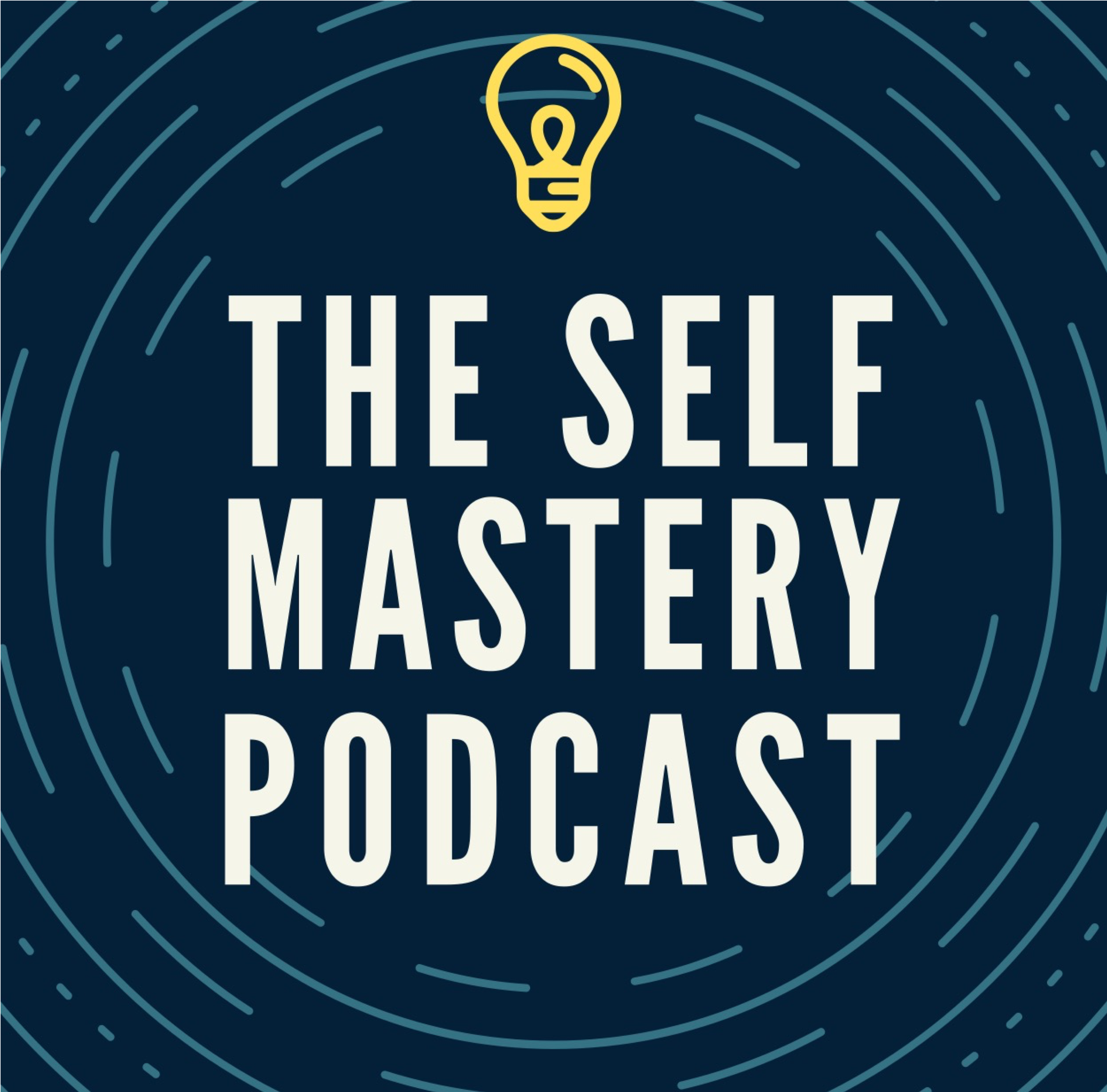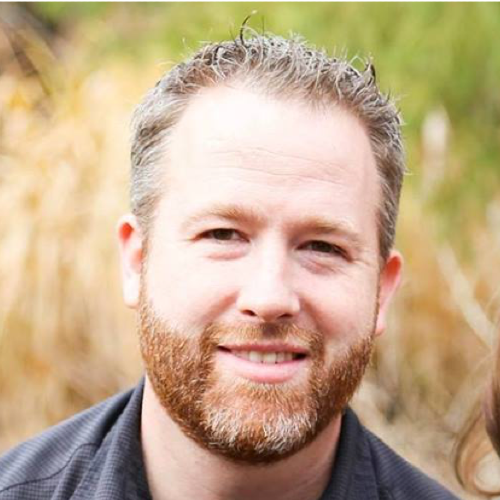Why Users Don't Know and What to do Instead
Darcy - Webinar Thursday at 6 pm mt. sign up at zachspafford.com/freecall
Zach - If you have a pornography struggle in your life, either as a spouse, an ecclesiastical leader, or the person who chooses pornography, you’ve probably run into this issue.
I ask clients daily, “Can you tell me what happened the last time you chose porn?” The most common answer they give is, “I don’t know”.
What is clear to me, over the many conversations that I have had is that those who are struggling because they choose pornography contrary to their moral values is that they don’t all have degenerative brain diseases.
So, how can this be such a common refrain, why don’t these men and women know what is going on, when the fact is that they are the ones engaging in the behavior?
Darcy - As a spouse, you might find yourself frustrated with this kind of response.
Zach - But there is actually a really good reason why we say, “I don’t know” when it comes to our behavior, with this issue so often.
Zach - “In a series of experiments (conducted at the University of Chicago), participants were asked to evaluate the likelihood of themselves or others to do various moral or immoral behaviors. Respondents did not rate themselves more likely to do good works. Yet they regularly assumed they were more likely than others to avoid immoral acts. They also deemed instances of others’ unethical behavior as more extreme and memorable than their own choices.”
Darcy - All of us believe in our own inherent goodness and when our behavior does not reflect the sense of self that we believe to be who we are, we tend to both discount the facts and distance ourselves from them.
Zach - I don’t know anyone who has not done this. When we drive and cut someone off, most of us will justify our behavior or say it wasn’t that bad and actively try to put the incident behind us as quickly as possible. Especially if we feel bad. When, however, someone cuts us off, we, many times, ascribe malicious intent to the other person.
In a real and meaningful way, this may be happening in your head around pornography.
For those who are choosing pornography, the act of distancing ourselves from the behavior, putting it behind us as quickly as possible, and seemingly scrubbing our memory of the incident is an act of self-preservation in a way. It helps us maintain our sense of self, in the face of behavior that contradicts our belief that we are “good”.
Darcy - I think it’s also really interesting how the research showed how when we see someone doing something and we don’t like it, we will assume we would never do anything like that.
This really speaks to our desire to see ourselves in a certain way. People want to see themselves as good.
Zach - When we choose pornography, there is a tendency to do our best to distance ourselves from the choice because it contradicts the sense of self that we have and that we want to maintain.
Darcy - as a woman I always saw myself as a brunette. I would dye my hair, color out my grey, and work to maintain my look as a brunette. I had a sense of self that was not reflected in my hair color. We’ve all seen that person who is not fooling anyone with their hair coloring. In a way, this is what is going on for us when we fail to see our behavior and are unable to deal with it meaningfully.
Z - Right, what we are doing is we are not seeing ourselves clearly. Almost a willful blindness to our choices.
D - How can we mitigate this issue as we reflect on our choices?
Z - The three stages of cognitive agency help us understand, at least in part, how to approach this subject.
When we think about ourselves from the perspective of being integrated, one of the key issues is how we see ourselves. Do we see our whole self and can we handle the reality of our whole person, or do we avoid seeing the whole person that we are, working to hide meaningful parts of us in order to maintain an illusion of our goodness without fault?
This isn’t to say that we aren’t good people if we choose pornography and that we are somehow irredeemable. It is, however, to be clear about who we are and what choices we make, even when those choices mean that our sense of goodness is challenged.
If a basketball player has a bad night and misses all their free throws, that doesn’t mean they aren’t a capable, talented basketball player. It does, however, mean that taking a look at what happened in an objective way will assist in improving the player’s ability to resolve the issues that are presenting at the free throw line.
Darcy - This is why basketball players have coaches and why having someone who can help you review your choices is helpful. Without that help, you might keep making the same mistakes over and over. Whereas, when you have help, that shift will likely come more quickly.
When I played volleyball, I was an excellent passer, because I could always put the ball in a playable spot on the court consistently. But, when it came to my x it took a coach pointing out that I needed to do y before I was able to finally get consistent at that.
Zach - Right, and when we act like we don’t know or can’t see what we’ve been doing, having a coach work through that self-blindness is helpful because it makes us face the facts, work through the problem and start to see ourselves more holistically.
So, the reason we don’t want to know and why we say, “I don’t know,” is simple - it is an act of self-preservation emotionally and mentally. We are working to preserve our sense of self in order to not upset the balance we’ve struck in life to see ourselves as a good person.
What to do instead is a different matter.
If you are willing to make the change necessary, one of the first things that you might do is simply write down, or say out loud to yourself or someone else, what is actually happening for you in the time before you choose pornography.
One of the things that has been really important for me and for my clients is being able to objectively acknowledge the facts of what happens mentally, emotionally, and physically when we choose pornography.
Doing this from a facts based, observational perspective can be invaluable in learning who we really are.
Two points I want to make here are, saying it or writing it down can be crucial in making it real. If we just keep it in our head and think it, there is not the same power in dealing with the issues and we have less perspective than if we put it outside of us in some way.
The other thing that I would ask you to do is be objective and just talk about facts. Many times we want to use judgemental language to describe what has happened. Instead, try just using facts.
For example, instead of “I searched for dirty pictures” try, “I searched for images of women in bikinis.”
Be as clear and objective about the choices you made as you can be.
Darcy - Again it might be helpful to have a coach who can work through this with you.
Zach - right, this is about gathering the facts and seeing them plainly, rather than beating yourself up or trying to make yourself feel bad, which is what a lot of us do when we think about pornography.




